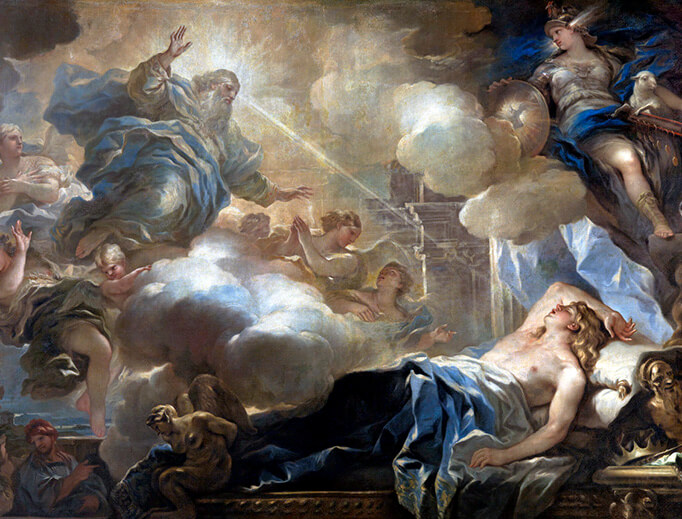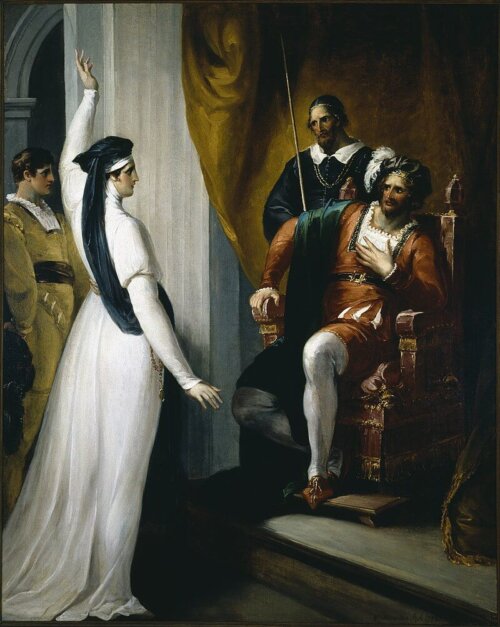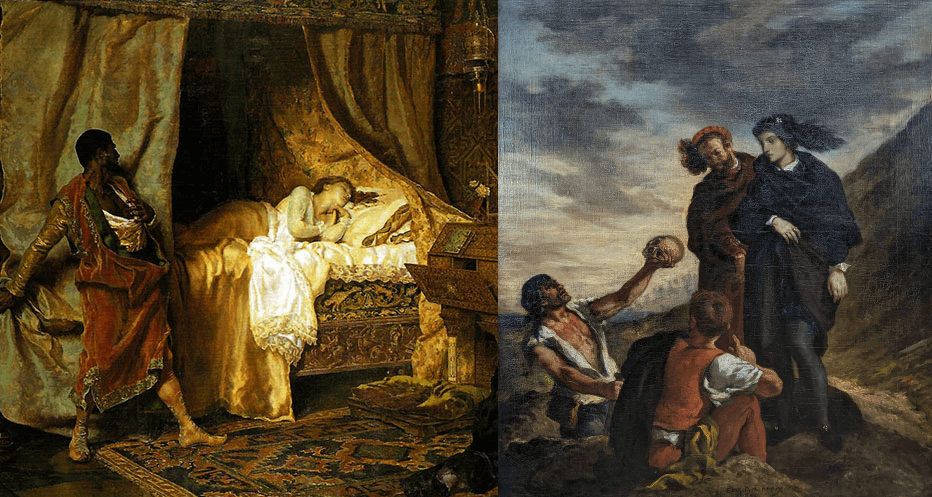The Future of Innocence, Beauty, and Dissent

At the core of the cycle of life, corruption of innocence and beauty followed by the necessary corrective that makes life whole again, we encounter the self, like a shipwrecked person on a forlorn shore. In this perverse yet perennial cycle of human history—a drama that is played out in the presence of other people—truth is sidetracked, forsaken by proponents of the idea that man is a conditioned sack of flesh and bones.
The corrective to the cycle exposes the lack of wisdom that fuels human history. Yet the corrective always comes too late, invariably in the nick of time for those responsible for the creation of the cycle to claim the corrective as their initiative. This is the nature of cunning and deceit. What chance, then, does truth have to exercise its might on the surface of human reality for long?
The ‘Lie’: The Perennial Snake in the Grass
The cyclical corruption of innocence and beauty, which is the result of corrosive values, forces good will underground and turns people into dissidents. This is the legacy of cynicism and evil. As it turns away from the creators, exploiters, and beneficiaries of the cycle of moral decay and perdition, human existence turns ever-inward.
Interiority is the alpha and omega of salvation.
Moral vileness forces the self-reflective person to recognize the authentic human as a dissident, a solitary form of human existence that battles objectification. This is the essence of the differentiated self, always seeking higher ground, while taking its cue from the soul.
In postmodernity, the cycle of moral decay veils itself in affected altruism, collective kabuki theater that promotes lie as truth and appearance as reality. The burden of exposing the lie falls on the shoulders of truth-seeking dissidents who seek the Luciferians responsible for the cycle.
The history of the lie is deeply woven into the fabric of the human condition. The lie displays a trenchant desire to fashion a world where material forces siphon the life-affirming gravitas of innocence and beauty.
Perpetrators of the lie—and they are legion—normalize blight as “progress.” Shameless defamers of truth in sheep’s clothing, denizens of chic morality, forge their vulgar display of power with a hammer: messianism for the here-and-now.
The danse macabre that the lie makes of human life is ever-expansive and parasitic, for man rarely has the care or vocation to visualize the life-affirming effect that innocence and beauty have on the human person. Why is that?
The illusory transparency of life castrates the imagination of most people. “If it cannot be quantified, always showcasing itself in a kaleidoscope of sights and sounds,” we are reminded daily, “it does not exist.” Even positive law in postmodernity is fashioned on the pragmatic acceptance of cynicism and embrace of moral decay.
Dissidents who shun the lie are responsible for safeguarding the sanctity of true-to-itself authenticity. This attribute makes for the good life that Socrates promoted. But at what price? Only the self-reflecting person can attest to that.
Truth-seeking dissidents gather and catalog the spurious elements of human experience, thus filtering out the lie. Only then can our lived experience of the world and human reality become authentic. This creative act alerts the human person to the vile hypocrisy that is often sister to the lie.
The passage of time and the ever-tempting lure of progress test the convictions of dissidents. There can be no truth in the masses, for the lie metastasizes because of the easy comfort of collectivism.
Dissidents identify the perennial snake in the grass.
Return to Innocence
Once Pandora’s Box is opened, acerbic negation spills out. Once the contents of the coffer of self-serving anti-truth are released, man’s imagination becomes tainted by the caustic belief that ‘what is not’ must have equal footing with ‘what is’ (Being). Consequently, rather than responding to contingencies that signal possibility and limitation—the fruit that nourishes moral resolve—postmodern man is obsessed with suppressing human reality. The inscrutability of God has been supplanted by the narcissism of the I-God people.
The gutted self plunders the spoils of worldly life. Enamored of itself, the anti-self becomes inebriated with the prospect of belonging to the world. This is the legacy of postmodernism.
On the other hand, the soul of dissidents never calls attention to itself. Always modest, the soul is kept anchored in the wisdom of permanent things by prudence and temperance.
We must sketch a prayer that consolidates all prayers, a map of the angelic realm that safeguards man against cunning intelligences and their earthly beneficiaries, who disguise themselves as altruists.
On the Way: Retreat from Objectification
Truth-seeking is not merely a matter-of-fact appropriation of human reality. That is too easy. Instead, human reality tests the efficacy of the human will, keeping it at bay, always offering resistance to the cultivation of self-reflection. Objectification sterilizes imagination, vision, and good will, turning the human person into a self-less entity that is burdened by free will.
The crafty purveyors of deception disabuse and transform innocence and beauty into fodder that feeds the lie. The corruption of awe and wonder is the outcome of cynicism and narcissism, more so than with mere utilitarianism—this is the logical outcome of nihilism.
The return to innocence must embrace a long-term view of moral/spiritual salvation, the self-willed autonomy of concrete persons that turns its back on its abstract, theoretical shadow.




